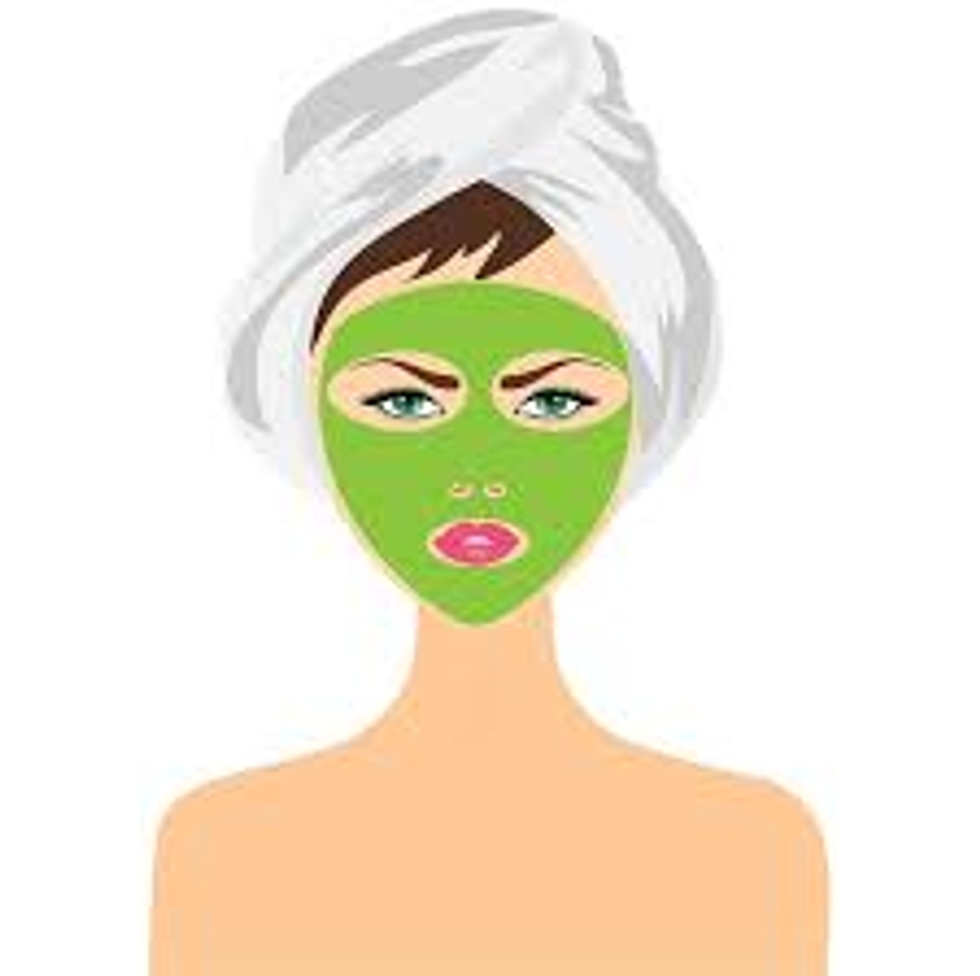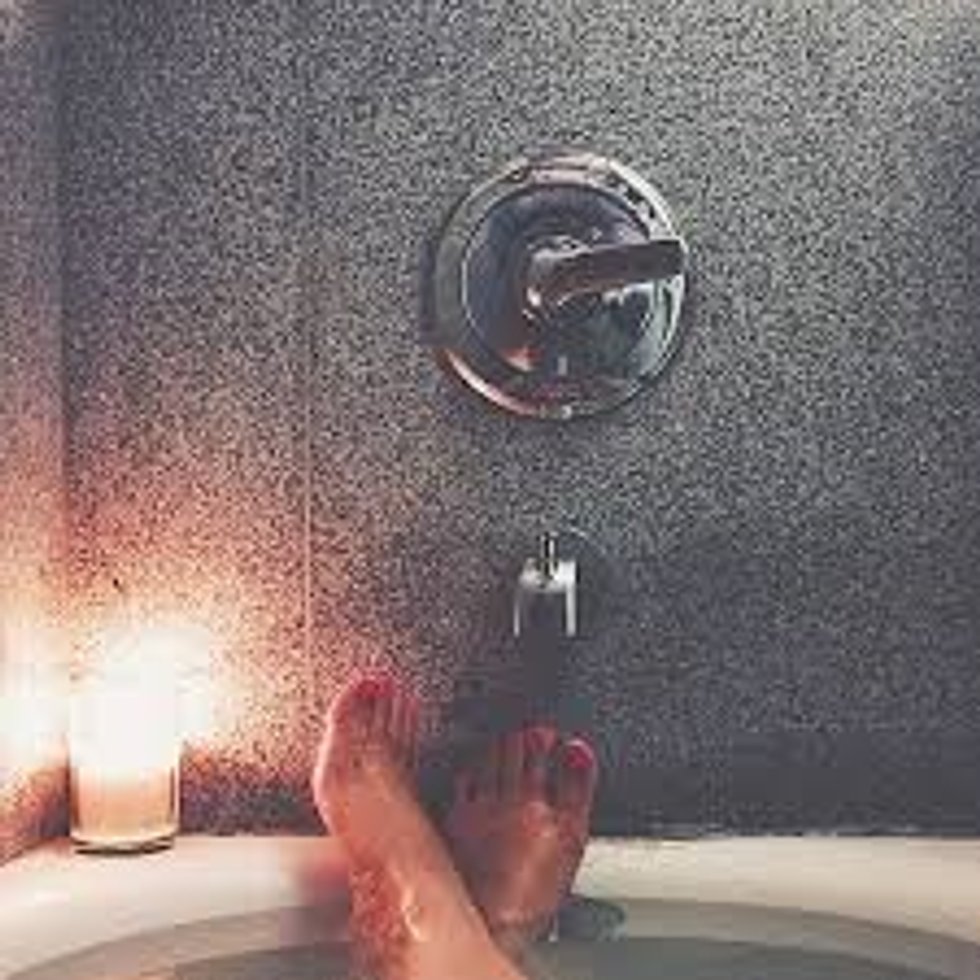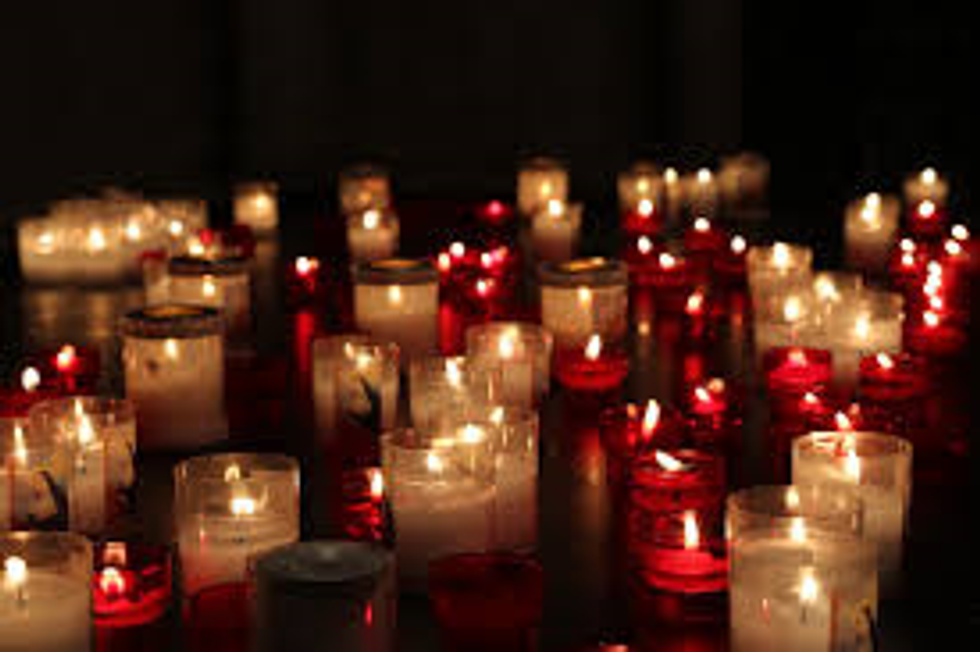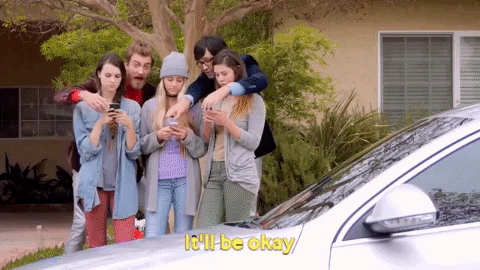8 Tips For The College Insomniac
I mean we already don't get enough sleep in college as it is, but we might as well figure out how to avoid walking around like the walking dead.
We all know that college is a rough time. The stress levels are crazy, the schedules are crazy and yes, even our sleep patterns are enough to drive us mad. Getting enough sleep has been proven time and time again to ease stress, anxiety, depression and a whole host of other issues so many college students struggle with. But, why do we still never seem to get enough of it? For many of us, the insomniac lifestyle associated with being in college is the only reason we lose sleep.
But for those of us with insomnia, it can be even harder to deal with all of the things college life throws at us. So, regardless of whether you have been diagnosed with insomnia or just genuinely cannot seem to get enough sleep and establish good bedtime habits, this article will still give you some knowledge and tricks to help you get a better nights rest and rid yourself of the darkening circles under your eyes.
Create and stick with a bedtime routine.
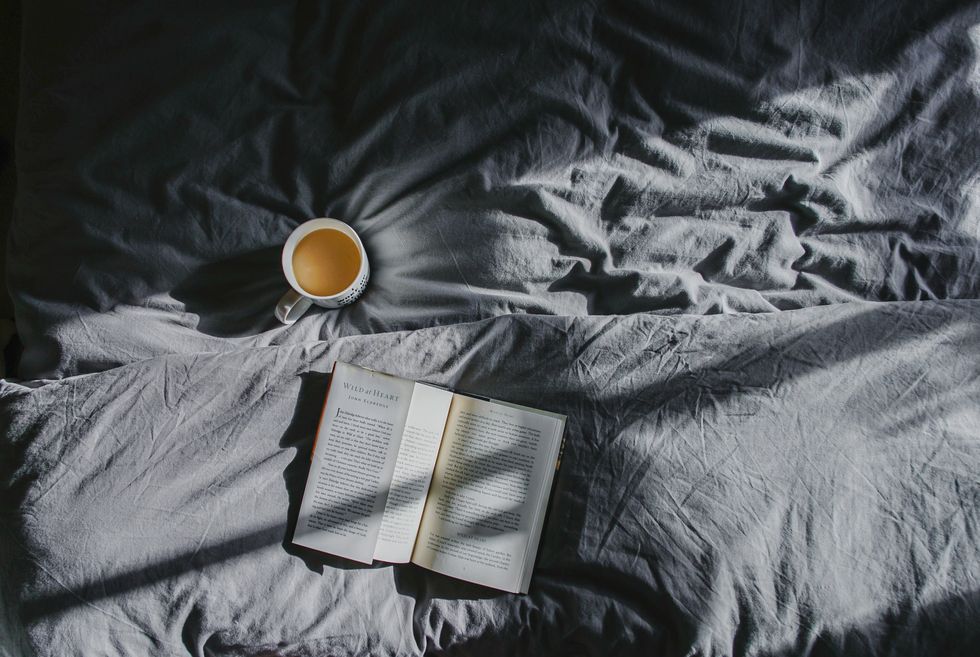
Unsplash: Toa Heftiba
https://unsplash.com/search/photos/sleep
Creating and sticking with a set bedtime routine is probably the most important tip to even beginning to think about curing your insomnia. This is because creating and going through the motions of a bedtime routine allows your brain to adjust ultimately learn to rely on the set routine to bring a level of relaxation to one's approach to sleep. Ultimately, this aids with preparing the brain to fall asleep quickly and effectively regardless of what time you actually are trying to get to sleep.
Set a goal time to be asleep.

Unsplash: Megan Te Boekhorst
https://unsplash.com/photos/3sn9MUlx2ZE
If you're struggling with going to bed at a specific time I've found that setting an ideal goal for your sleep time with a one hour grace period has been the most effective way to help me and many other people I know get to bed at a somewhat decent time. This is done by choosing your ideal time to be asleep (which for me is usually by midnight), and beginning your bedtime routine an hour before that with the ultimate goal to give yourself a full hour to wind down, be in bed and fall asleep close to your ideal bedtime. Of course, this is easier said than done and sometimes I don't start this relaxed hour until 11:30 or honestly at all, but I've found that when I do, I'm usually able to fall asleep closer to or at my ideal time.
Establish a set time to wake up every morning.

Unsplash: Amanda Jones
https://unsplash.com/photos/TbHMgvOBhIQ
This goes hand in hand with steps one and two and can help to create the perfect cocktail to help with getting some much-needed rest. However, while this is an obviously important element in helping you manage your insomnia in college it is probably one of the most difficult tips to include as I think everyone can agree they hate waking up, and usually have to set so many annoying alarms before they can actually even begin to think about getting out of bed.
Stay off your phone. And yes, I mean actually put it away.
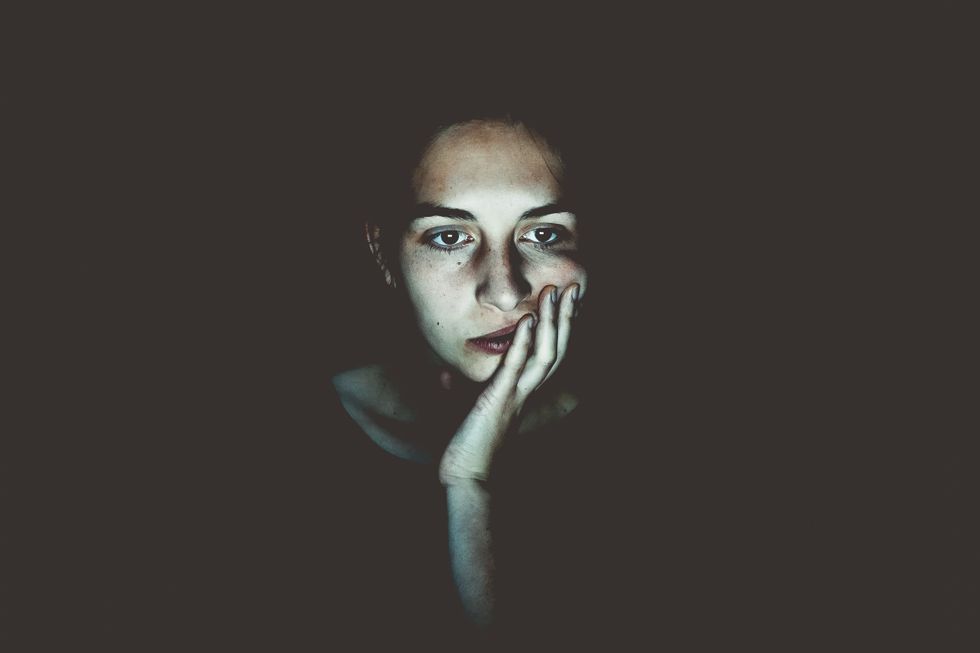
Unsplash: Niklas Hamman
https://unsplash.com/photos/Pe4gh8a8mBY
I'll be the first to admit it, I am horrible at seeing this part through. To be more specific, I find that I go through cycles of time where I am literally on my phone or on my laptop watching Netflix till my eyes get tired and I eventually fall asleep and other cycles where I am actually able to completely stay off of my phone and actually focus on relaxing and sleeping. Although I am a person who clearly struggles to consistently focus on that aspect of my night time routine and I love watching videos and scrolling through social media before I knock out for the night.
Night mode is your best friend.
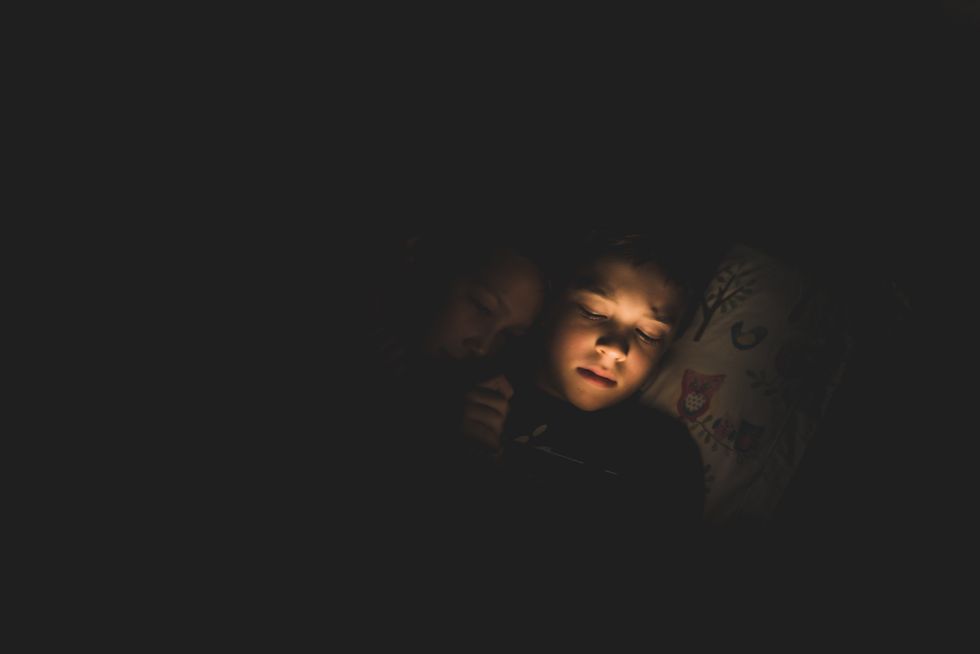
Unsplash: Clint McKoy
https://unsplash.com/photos/sD1clZsVhE4
This one is for all my people who can't stay off their phone. I get it, laying in bed and waiting to fall asleep can be agonizing and sometimes it might feel like its easier for your brain to go to sleep while scrolling through your Twitter or Instagram. But, the truth is, the blue hues and tones (also known as blue light) that your phone emits actually trigger your brain to stay awake and alert; which is probably why you find yourself still awake and scrolling a half hour later.
The good news is, if you have stuff on your phone you need to do, or do genuinely wanna scroll or watch videos before you knock out, most smartphones nowadays are equipped with a 'Night Mode' or 'Dark Mode' setting which literally takes out the blue light hues that stimulate our brains and actually transmits more yellow lights is meant for moments like the ones we so often find ourselves in when we're staying up late at night.
Make sure you have a dark, quiet and comfortable place to sleep.
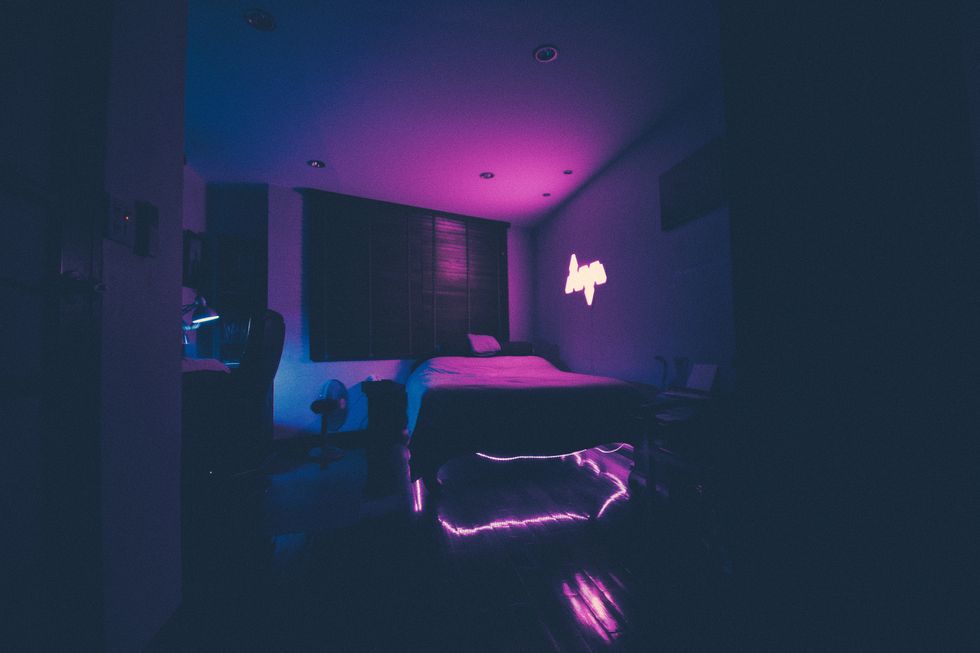
Unsplash: Joshua Rawson
https://unsplash.com/photos/wCgy-qHtZtM
If you have a dark and relaxing space to rest your head, then unwinding and falling asleep in the evenings should automatically be easier! Much like creating and sticking to a nighttime routine, making your sleeping area an oasis of relaxation to turn to after your long days helps your body relax and get into a comfortable state and ultimately will prove helpful with getting more sleep and more restful sleep. So grab all the fairy lights, candles and pillows. They'll help you get straight to dreamland.
Meditate.
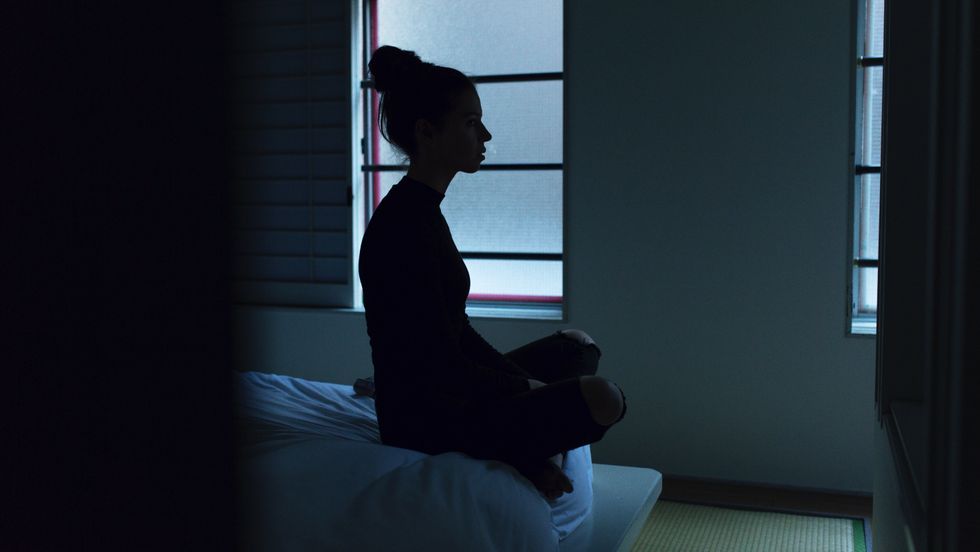
Unsplash: Ben Blennerhassett
https://unsplash.com/photos/L7JGC_bgWyU
Believe it or not, while meditation can be defined and practiced in many different ways, looking very different for different people, this approach to helping get some rest is one with multiple benefits and practically guaranteed effectiveness. This is because meditation, is not only a proven scientific and psychological approach to getting more rest but it can be tailored to every person and their needs specifically and results in not only improved sleep time and quality but it can also help with a whole host of other problems and stressors common among college students such as depression, anxiety, aches and pains, and awareness of life and current situations.
Invest in some essential oils.
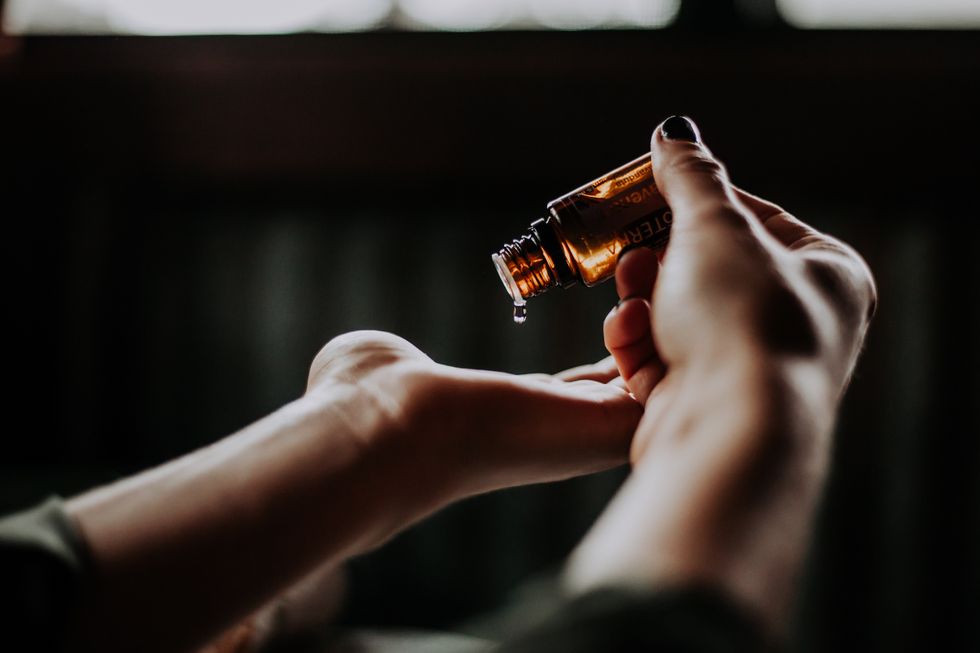
Unsplash: Christine Hume
https://unsplash.com/photos/0MoF-Fe0w0A
While I don't necessarily know if I would consider this one a must I do know that from personal experience, research and the testimonials of many other college students and friends, the use of essential oils as an aromatherapy tool has done wonders to help people get some shut-eye. This is because "Our sense of smell is directly wired to the brain's centers of memory and emotion." and as a result, the use of essential oils for aromatherapy, specifically for sleep can be extremely beneficial as they can help the brain to promote full relaxation both mentally and physically. For a list of the best essential oils to use for sleep click here.










